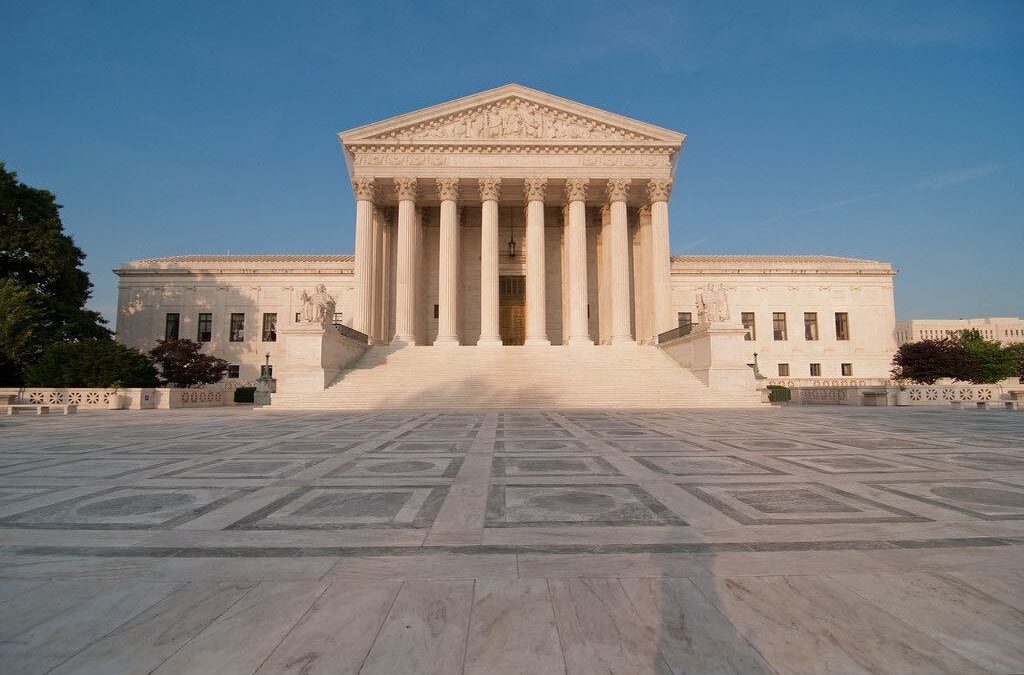WASHINGTON—Supreme Court justices differed Wednesday on whether defense counsel made a compelling argument to reinstate the death sentence for Boston Marathon bomber Dzhokhar Tsarnaev.
“At a trial, you don’t have these mini trials. If a person is on trial for murder X, you don’t have a trial about murder Y and murder Z,” Justice Samuel Alito said during the oral arguments. “But to what degree can a trial judge at the penalty phase say, we’re not going to do this because what would happen then is another trial within this trial about what happened at Waltham?”
Tsarnaev’s attorney argued the trial judge erred in not allowing the jury to hear evidence Tamerlan held an undue influence over his brother.
Justice Brett Kavanaugh followed a similar line of questioning in pressing the defense on the 1st U.S. Circuit Court of Appeals ruling, which vacated Tsarnaev’s death sentence on the grounds that the district court committed an error in denying admission of key mitigating evidence.
“You’re asked to assume away what I think was the district court’s reasoning here,” Kavanaugh said to Solicitor General Eric Feigin.
Justice Elena Kagan pushed Feigin on whether the evidence’s value should have been left to the jury.
“At that point, it’s the job of the jury, isn’t it, to decide on the reliability of the evidence, to decide whether it’s strong evidence or weak evidence, that Tamerlan, in fact, played a leading role in those other gruesome murders?” Kagan said.
A Massachusetts jury convicted Tsarnaev in 2015 for his role in the 2013 bombing. Dzhokhar Tsarnaev, together with Tamerlan, planted backpacks containing homemade bombs among spectators crowded at the finish line. The blast killed three people and injured over 260 others.
Tamerlan Tsarnaev died in an exchange of gunfire with law enforcement in the days after the bombing. Dzhokhar is being held at the federal “supermax” prison in Florence, Colorado.
Last year, the appeals court upheld most of Tsarnaev’s 30-count convictions, but tossed out his death sentence. The 1st Circuit found the lower court judge who oversaw Tsarnaev’s trial insufficiently probed prospective jurors for bias by turning down requests to question them about pretrial media coverage they saw or read about the case. This point received less attention from the justices.
The lower court also concluded the trial judge erred in denying the admission of possibly critical mitigating evidence during the penalty phase.
The defense said the alleged participation of Tamerlan in a triple homicide in Waltham, Massachusetts, two years before the Boston Marathon bombing is key to indicating the defendant acted under the influence of his older brother.
The Tsarnaev case comes as an early barometer for President Biden, who publicly opposed the death penalty during the 2020 campaign. Biden’s Justice Department, however, asked the high court to reinstate the death penalty for Tsarnaev, despite DOJ’s suspension of all federal executions and Biden’s vow to abolish capital punishment.
“The court of appeals improperly vacated the capital sentences recommended by the jury in one of the most important terrorism prosecutions in our nation’s history,” the DOJ wrote in a brief filed in June. “This court should reverse the decision below and put this case back on track toward a just conclusion.”
If the death penalty is not reinstated, the now 28-year-old Tsarnaev will serve multiple life sentences in federal prison.

